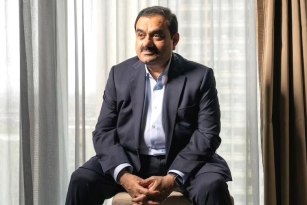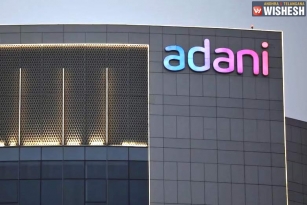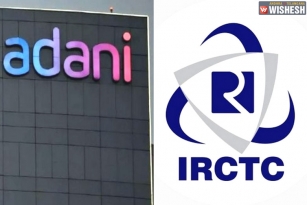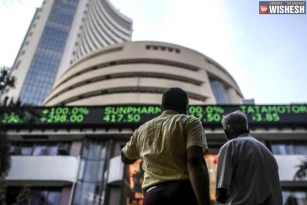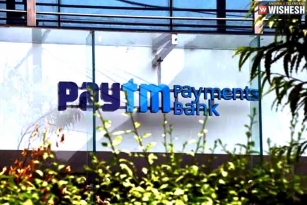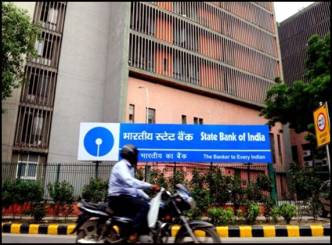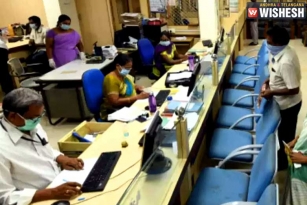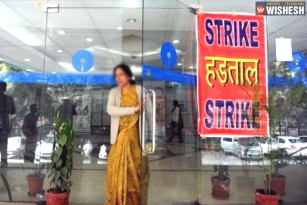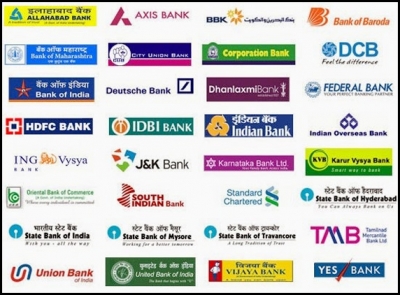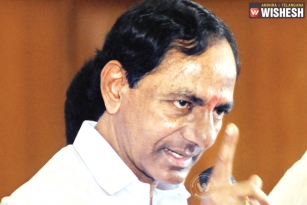
On Wednesday, Bank Employers began a strike all over India which would last for two days protesting against the changes that were made to ease mergers. This would allow more private capital and foreign investment into banking.
The strike is going be held on a large scale with a strength of over a million employees who work at 70,000 branches of all the Banks in the nation including the banks run by the state government, private and other foreign banks. State Bank of India, the biggest lender in the nation is also participating in the strike.
All India Bank Employees Association said that the strike would be a huge success. Vishwas Utagi the secretary of the union said that they appreciate reforms but that the reforms should be pro-public sector banks. He said that they would take to the streets in the protests.
This strike would result in lower volumes of bank and money market trading though the basic market operations like that of the treasury volumes, settlements etc would continue.
The impact would be more clearly felt at ATMs where there needs to be a continuous availability of cash that is cleared easily.
Though India is the third-largest economy in the Asian continent, it has been struggling for the liberalization of several important segments like banking, retail, insurance. Political opposition, intimidation from the foreign investors who can exploit the domestic interests are the major reasons for it.
Parliament might approve a bill in the near future that would allow some amends to the banking laws today which include augmenting the shareholder's voting rights limit in the private banks to 26%. The limit earlier was only 10%.
(AW- Anil)



